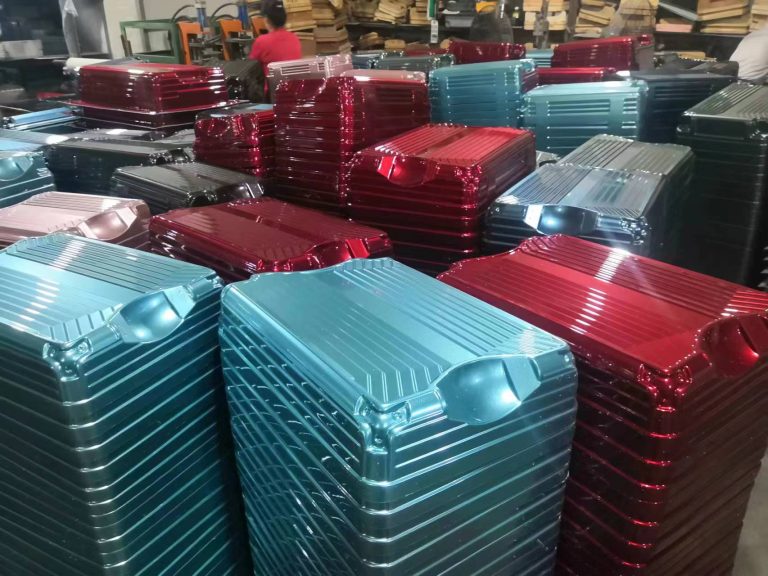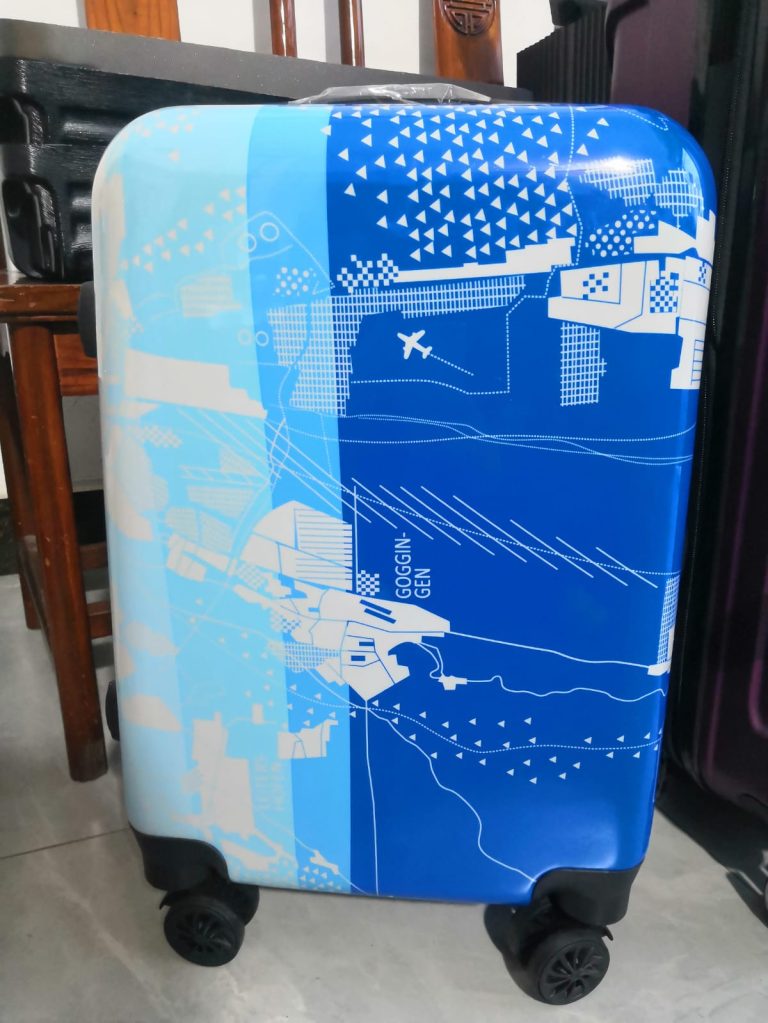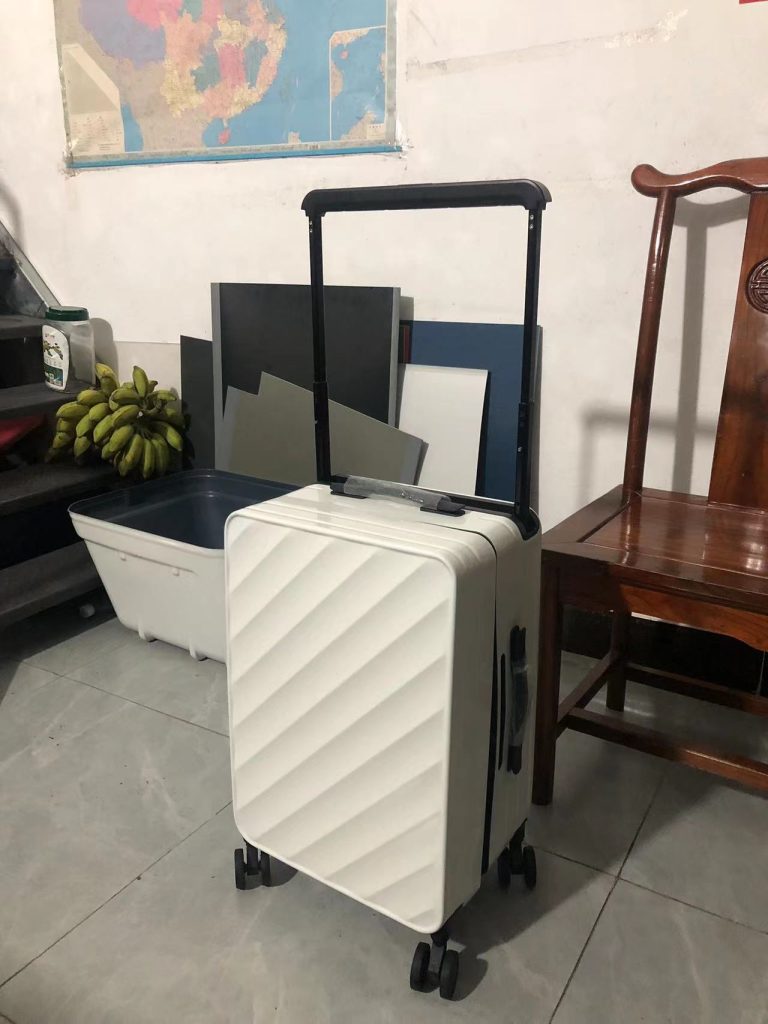Suitcases can be more prone to breaking in winter due to several factors:
- Temperature changes: Extreme temperature fluctuations can affect the materials used in suitcases. Cold temperatures can make certain materials more brittle and prone to cracking or breaking. Additionally, sudden changes in temperature, such as moving from a cold outdoor environment to a warm indoor environment, can cause materials to expand and contract rapidly, leading to potential structural weaknesses.
- Moisture and condensation: In colder weather, there is often higher humidity or the presence of moisture, especially when traveling to snowy or wet regions. Moisture can seep into suitcase materials, causing them to weaken or deteriorate over time. When combined with temperature changes, the moisture can freeze and expand, further compromising the integrity of the suitcase.
- Handling and rough conditions: Winter travel often involves navigating through challenging conditions, such as icy or snowy terrain. Suitcases can be subject to rough handling by airport personnel, snowplows, or even slipping and falling on icy surfaces. These external forces can exert more stress on the suitcase, increasing the likelihood of damage or breakage.
- Overpacking: Travelers may tend to overpack during winter trips, packing heavier clothing, boots, and bulkier items. Overloading a suitcase beyond its intended capacity can strain the zippers, seams, handles, and wheels, making them more susceptible to failure or breakage.
To minimize the risk of suitcase breakage in winter, consider the following tips:
- Choose a durable suitcase made of robust materials that can withstand temperature changes and rough handling.This requires choosing a good luggage manufacturer. Most suitcases burst due to cases, so we need to find a reliable luggage manufacturer who will not cut corners in the use of raw materials and ensure the thickness and toughness of the suitcase
- Avoid overpacking and exceeding the weight limits specified by airlines or transportation providers.
- Protect your suitcase from moisture by using waterproof covers or packing items in waterproof bags.
- Handle your suitcase with care and avoid subjecting it to unnecessary stress or impacts.
- Allow your suitcase to acclimate to room temperature gradually after being exposed to extreme cold.
- Inspect your suitcase before and after travel to identify any signs of damage or potential weak points.






